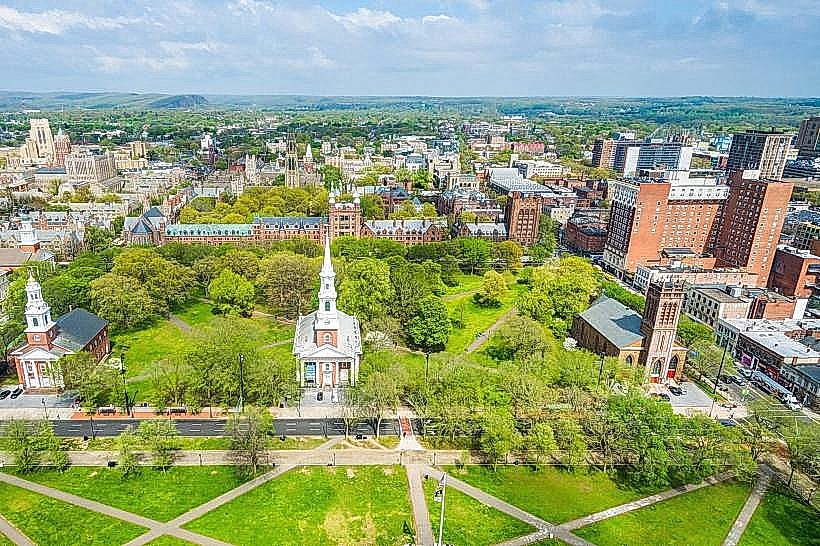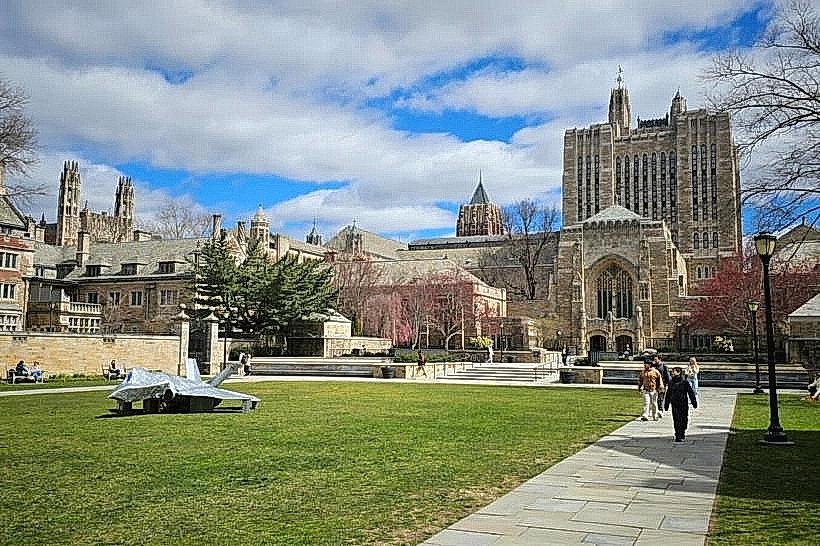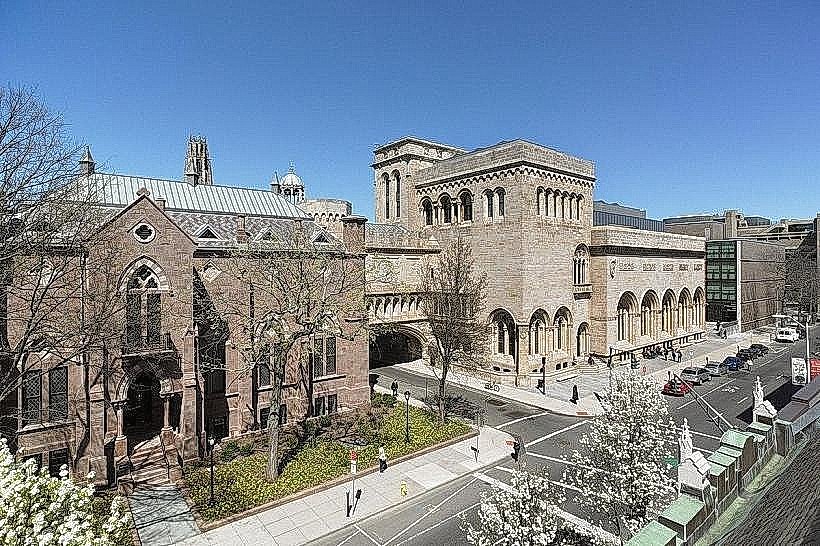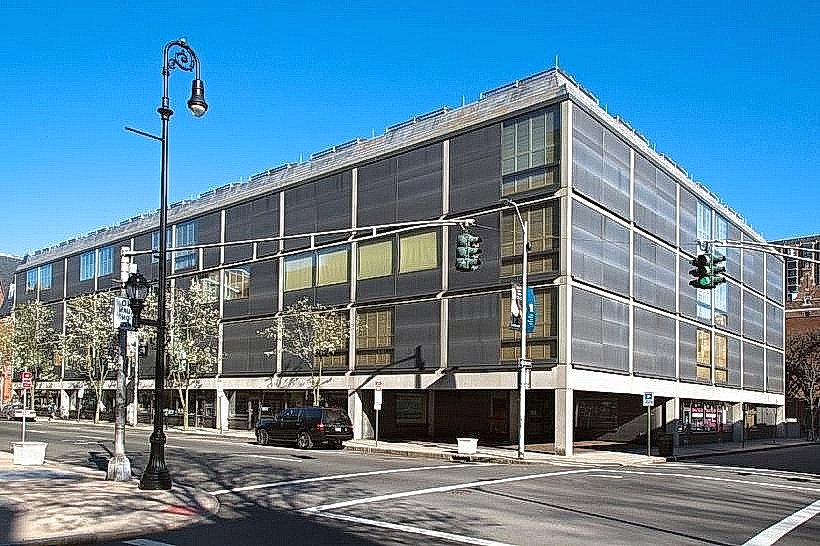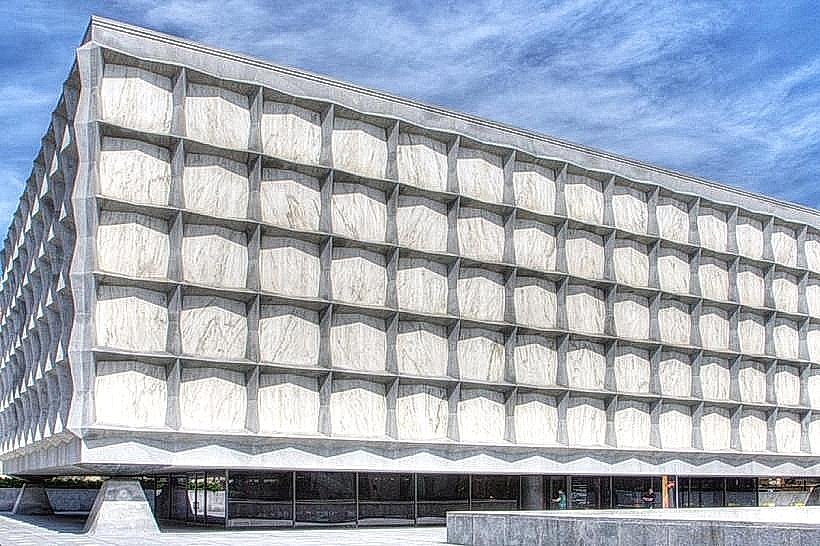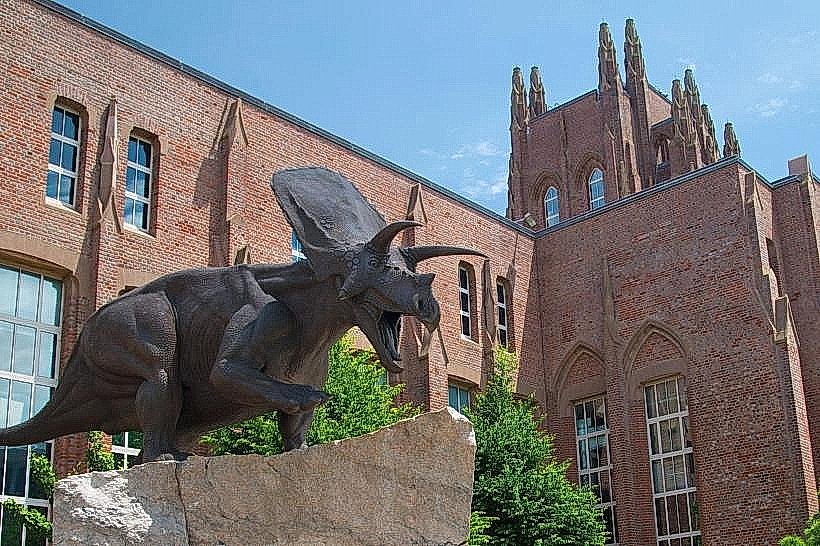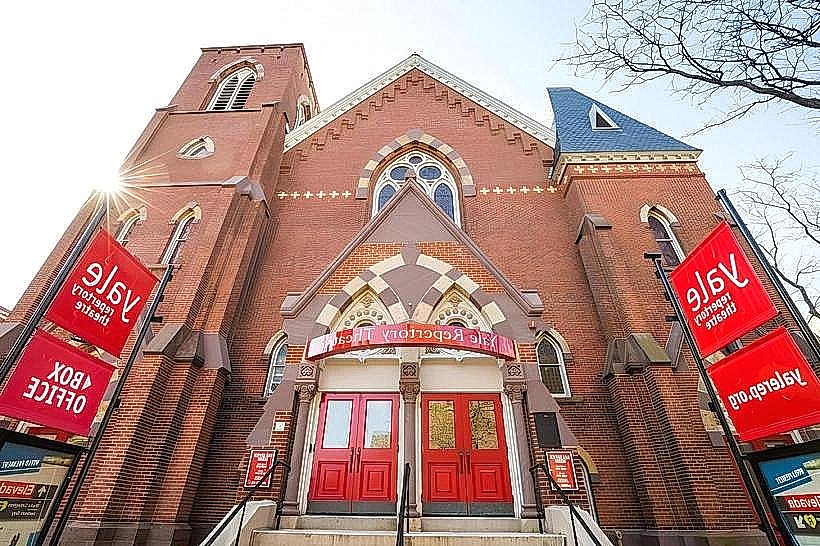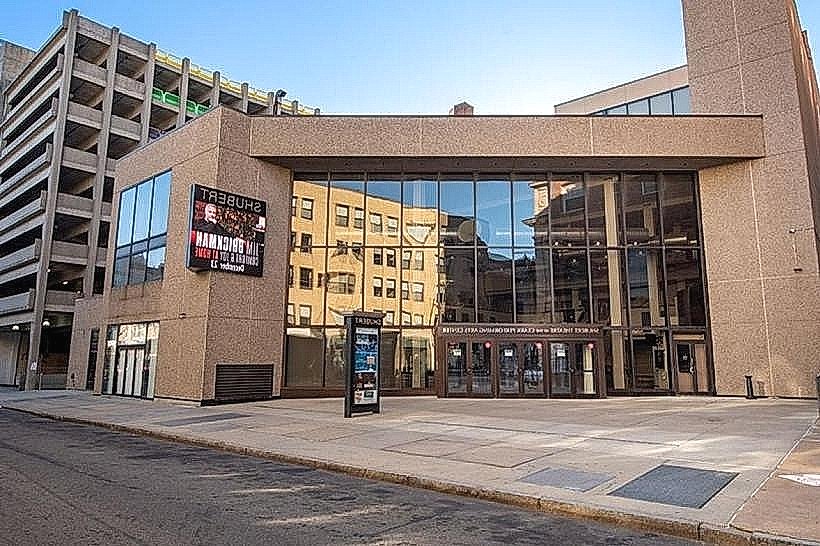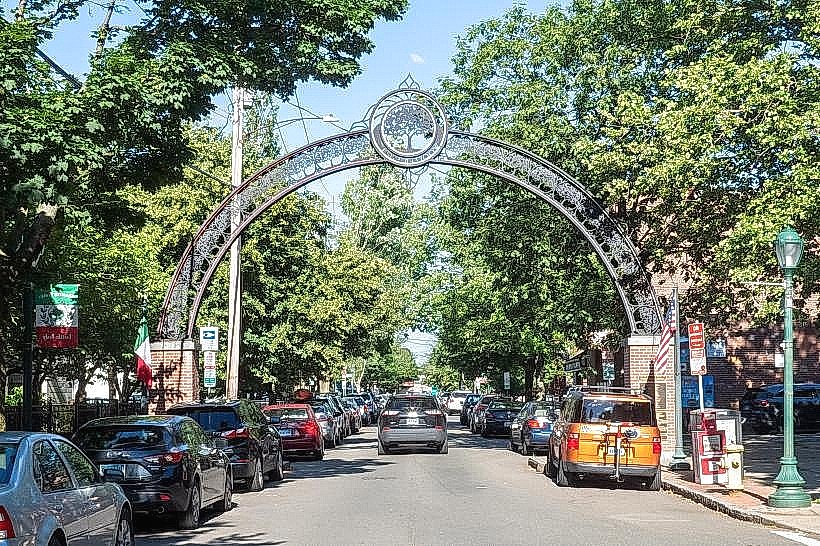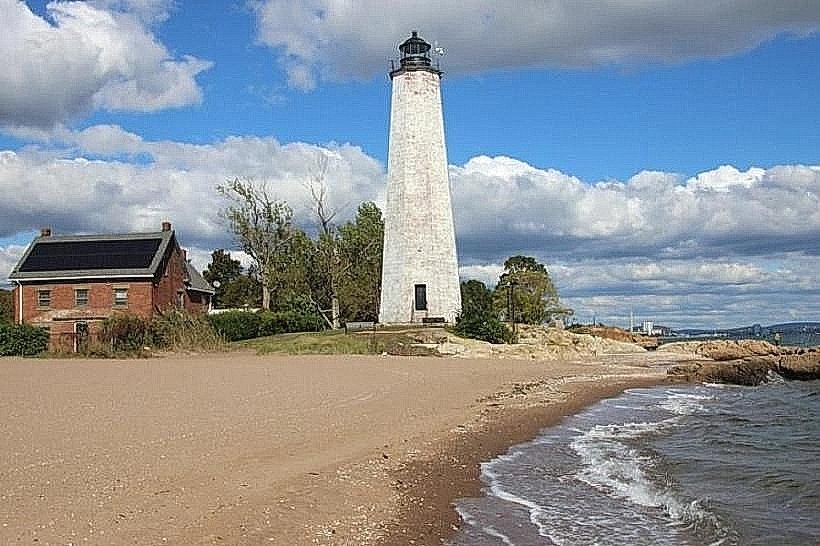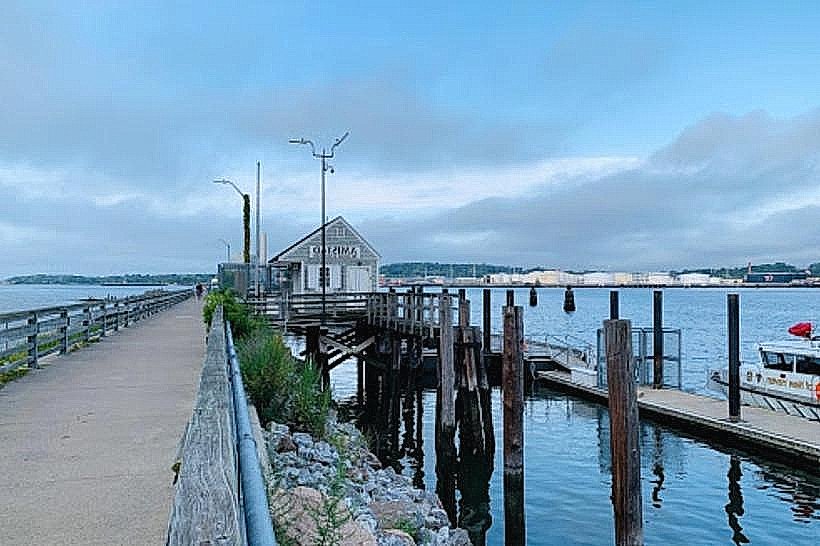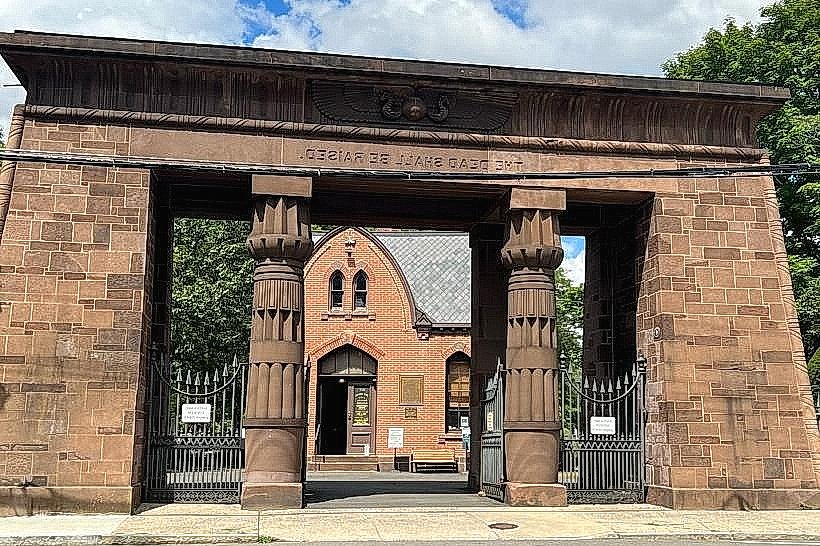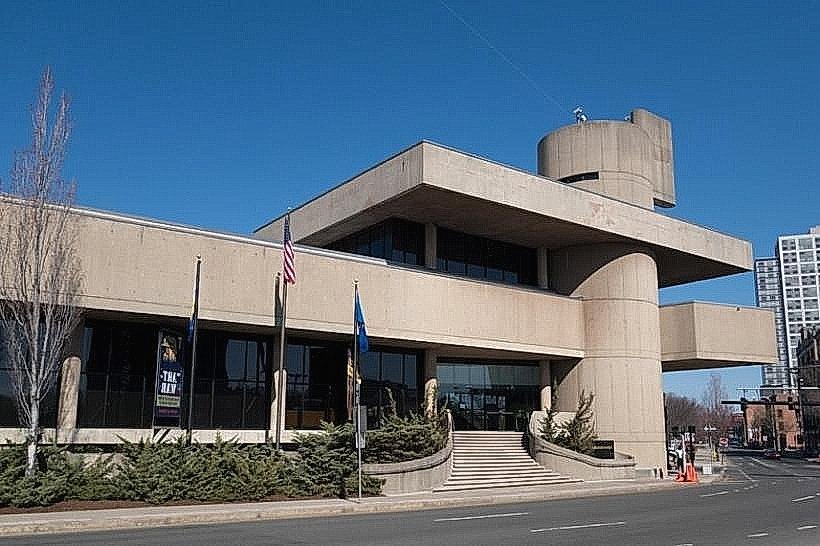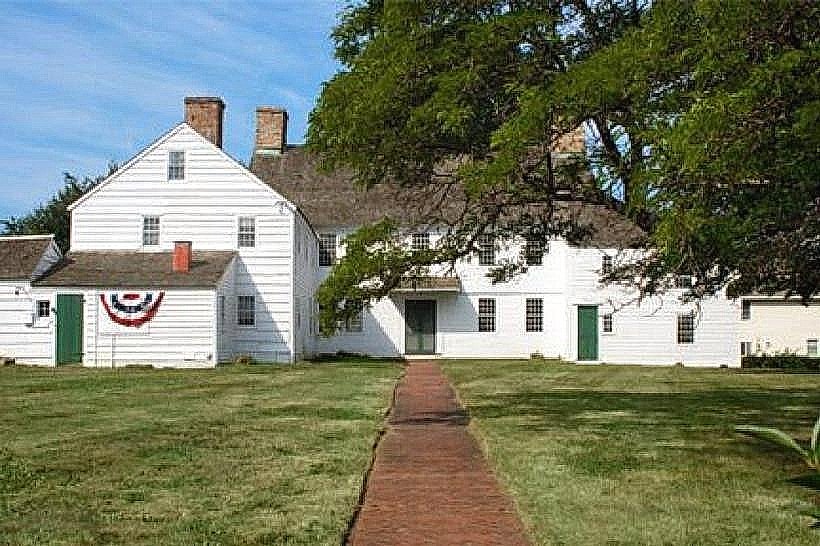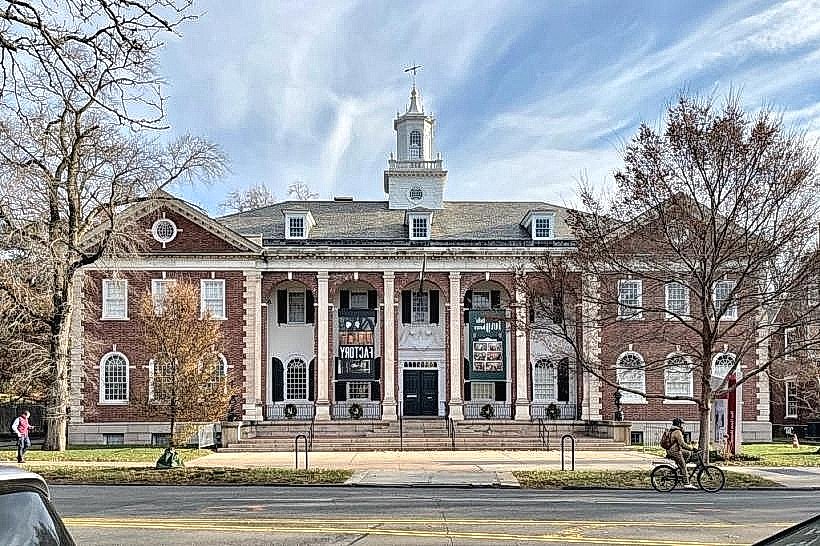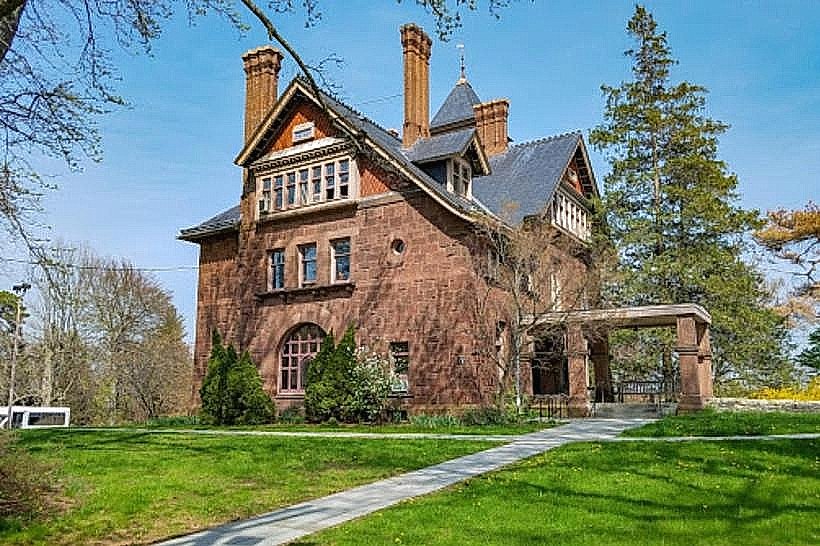Information
Landmark: Whitney Humanities CenterCity: New Haven
Country: USA Connecticut
Continent: North America
Whitney Humanities Center, New Haven, USA Connecticut, North America
The Whitney Humanities Center, located on the Yale University Campus in New Haven, Connecticut, is a hub for the study, research, and promotion of the humanities. It serves as a center for interdisciplinary scholarship, faculty collaboration, and public engagement, fostering dialogue across literature, philosophy, history, art, and other humanistic disciplines.
Historical Background
The center was established in 1981 with funding from philanthropist Gertrude Vanderbilt Whitney, whose vision supported the advancement of humanities research and education at Yale.
It was designed to provide a dedicated space for faculty and graduate students in humanities disciplines to collaborate, host events, and pursue scholarly projects.
Over time, it has become a key intellectual and cultural institution within Yale University, supporting both academic and public programming.
Architecture and Layout
The building, originally constructed as a residential structure, was adapted for academic and scholarly use while maintaining elements of its historic architecture.
Interior spaces include:
Seminar and conference rooms for faculty and graduate student meetings, workshops, and lectures.
Offices and study areas for faculty, visiting scholars, and graduate fellows.
Event spaces and galleries for lectures, readings, and small exhibitions.
The design emphasizes accessibility, flexibility, and an environment conducive to discussion, research, and interdisciplinary engagement.
Academic and Cultural Role
The Whitney Humanities Center supports interdisciplinary research in the humanities, providing resources and collaborative opportunities for faculty and graduate students.
It hosts a wide range of programs, including:
Lectures and panel discussions on topics spanning literature, philosophy, history, art, and cultural studies.
Visiting scholar programs, bringing prominent humanists to Yale for teaching, research, and public engagement.
Workshops and symposia designed to foster intellectual exchange across disciplines.
The center encourages cross-departmental collaboration, linking different fields within the humanities and promoting innovative research.
Community and Public Engagement
While primarily an academic institution, the Whitney Humanities Center offers public lectures, readings, and events open to the broader New Haven community.
It acts as a bridge between Yale University and the public, promoting understanding and appreciation of the humanities outside the university setting.
The center also supports student initiatives, fellowships, and mentorship programs, fostering the next generation of scholars in humanistic fields.
Present-Day Role
Today, the Whitney Humanities Center remains a vital intellectual hub at Yale, facilitating both scholarly research and public discourse in the humanities.
It continues to provide resources, programming, and collaborative spaces for faculty, graduate students, and visiting scholars.
The center embodies Yale’s commitment to interdisciplinary study, public engagement, and the cultivation of humanistic knowledge, making it an essential part of the university’s academic and cultural life.
The Whitney Humanities Center stands as a cornerstone for humanities scholarship at Yale University, fostering interdisciplinary research, public engagement, and a deeper understanding of human culture, thought, and creativity.

